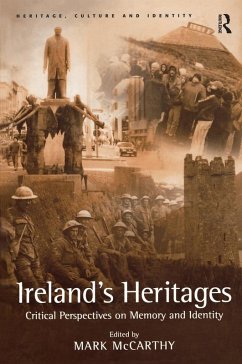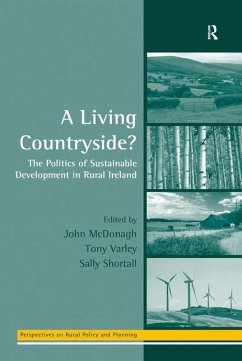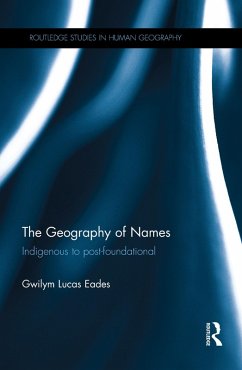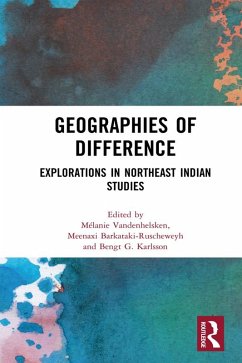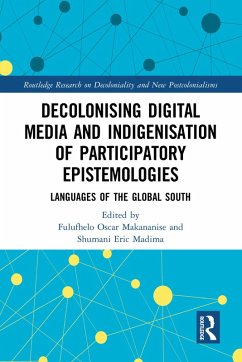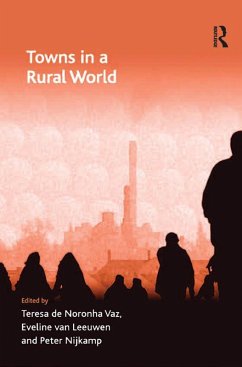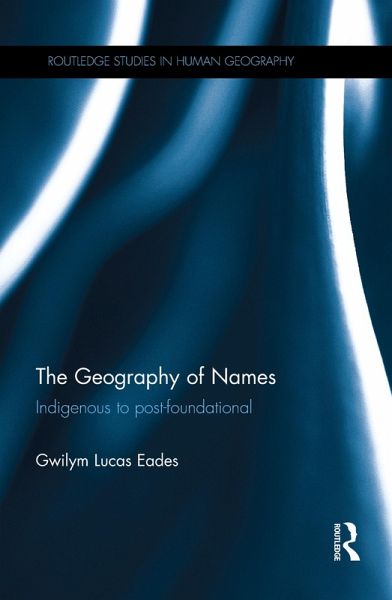
The Geography of Names (eBook, PDF)
Indigenous to post-foundational

PAYBACK Punkte
22 °P sammeln!
This book examines geographical names, place-names, and toponymy from philosophical and cultural evolutionary perspectives. Geographical name-tracking-networks (Geo-NTNs) are posited as tools for tracking names through time and across space, and for making sense of how names evolve both temporally and spatially. Examples from North and South American indigenous groups, the Canadian arctic, Wales, England, and the Middle East are brought into a theoretical framework for making sense of aspects of place-naming practices, beliefs, and systems. New geographical tools such as geographic information...
This book examines geographical names, place-names, and toponymy from philosophical and cultural evolutionary perspectives. Geographical name-tracking-networks (Geo-NTNs) are posited as tools for tracking names through time and across space, and for making sense of how names evolve both temporally and spatially. Examples from North and South American indigenous groups, the Canadian arctic, Wales, England, and the Middle East are brought into a theoretical framework for making sense of aspects of place-naming practices, beliefs, and systems. New geographical tools such as geographic information systems (GIS) and global positioning systems (GPS) are demonstrated to be important in the production and maintenance of robust networks for keeping names and their associated meanings viable in a rapidly changing world where place-naming is being taken up increasingly in social media and other new mapping platforms. The Geography of Names makes the case that geographical names are transmitted memetically (i.e. as cultural units, or memes) through what Saul Kripke called communication chains. Combining insights from Kripke with views of later Wittgenstein on language and names as being inherently spatial, the present work advances theories of both these thinkers into an explicitly geographical inquiry that advances philosophical and practical aspects of naming, language, and mapping.
Dieser Download kann aus rechtlichen Gründen nur mit Rechnungsadresse in A, B, BG, CY, CZ, D, DK, EW, E, FIN, F, GR, HR, H, IRL, I, LT, L, LR, M, NL, PL, P, R, S, SLO, SK ausgeliefert werden.




